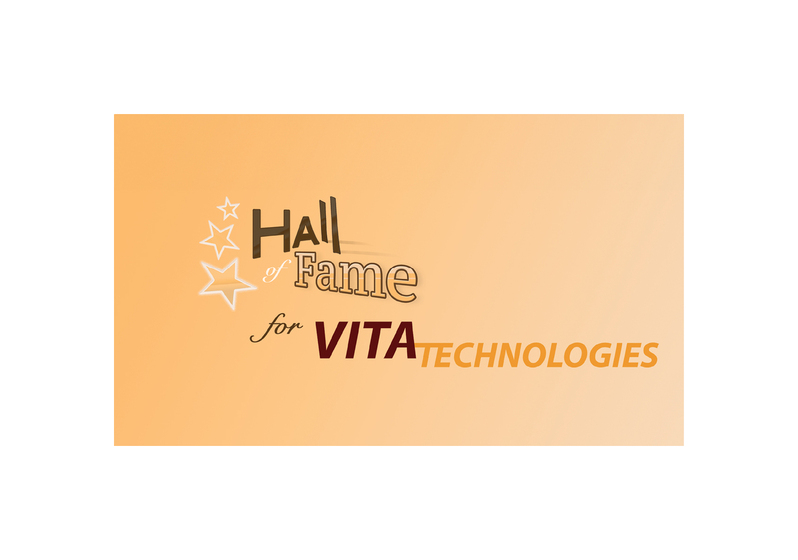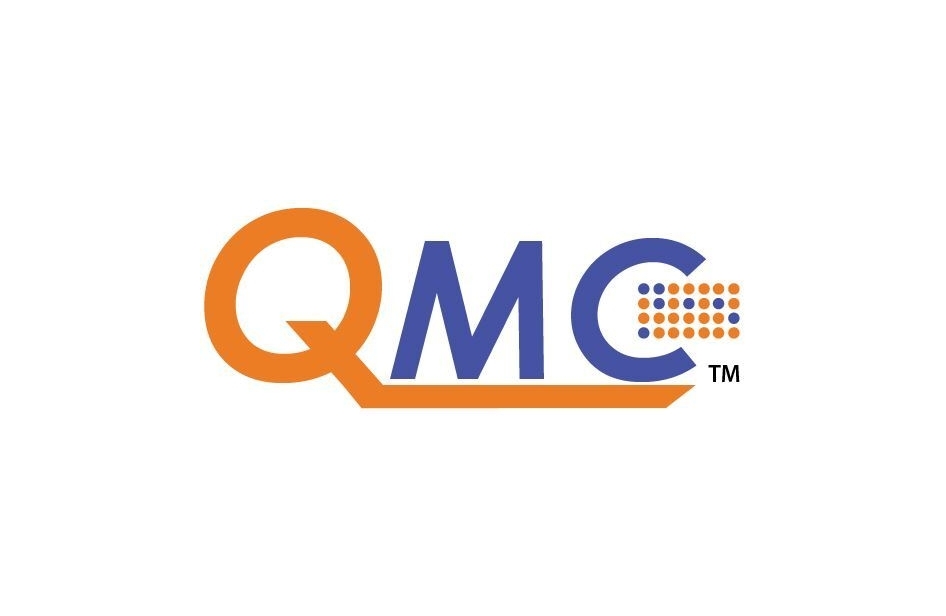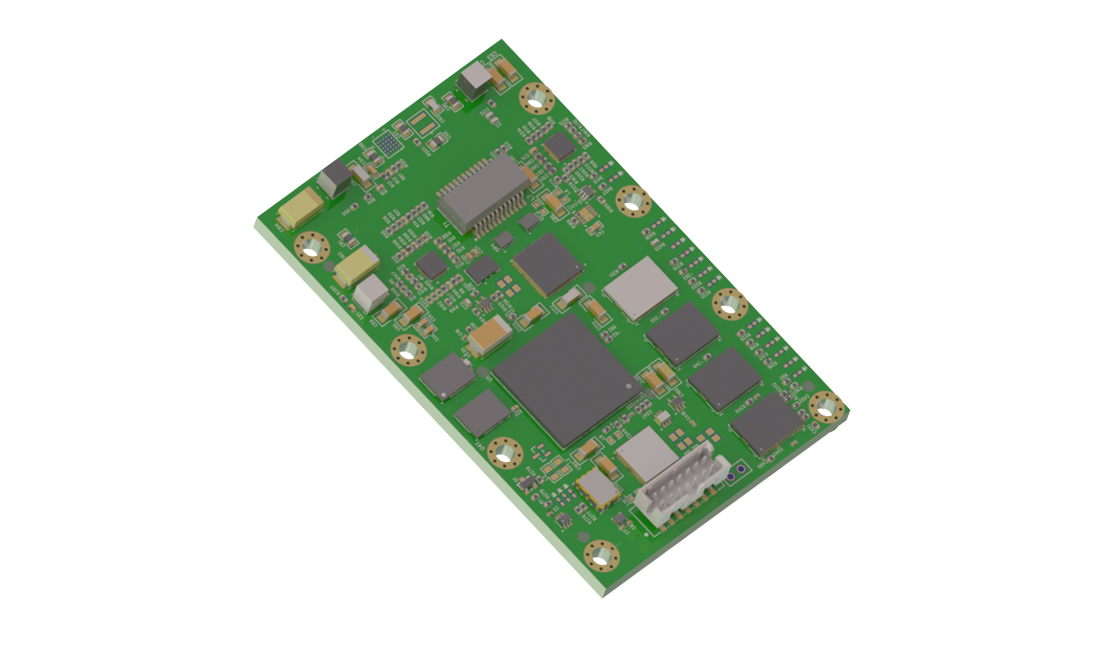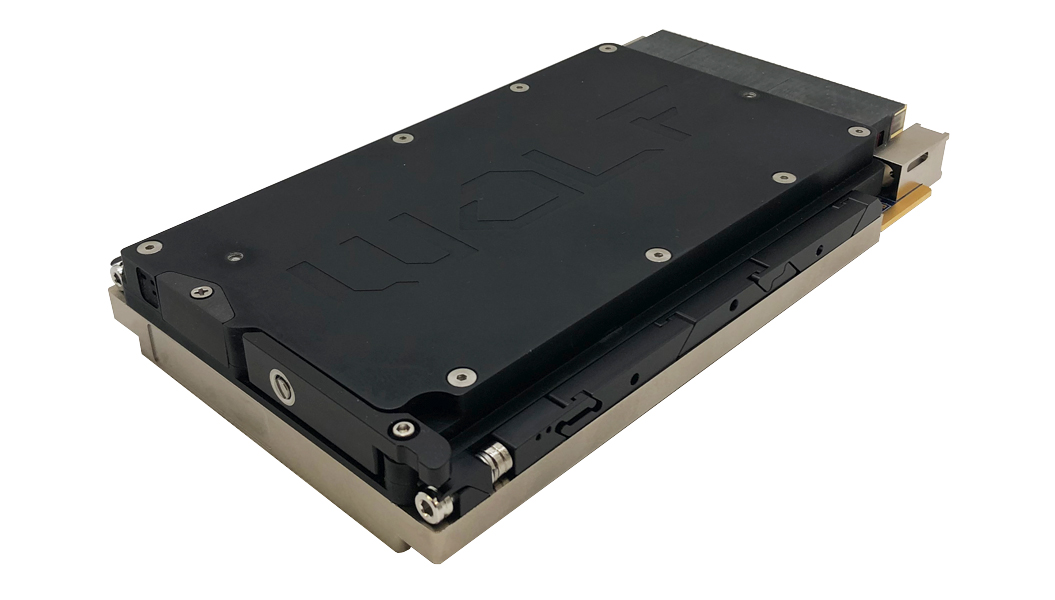Army Aviation Mission Solutions Summit (Booth #1038), NASHVILLE, Tenn. – April 25, 2018 – Mercury Systems, Inc. (NASDAQ: MRCY, www.mrcy.com) and Green Hills Software® today announced a close collaboration that has revolutionized the capabilities, performance and safety of next- generation flight display systems using multicore processor architectures. Mercury’s BuiltSAFE™ hardware and software portfolio delivers industry-leading size, weight and power (SwaP) for avionics computers and display systems, with a particular emphasis on mission systems, enhanced vision systems (EVS) and synthetic vision (SVS) systems for degraded visual environments (DVE).
Leveraging hundreds of person-years of in-house experience in safety-certified display computer design, Mercury Systems has launched the ROCK-2 avionics subsystem and BuiltSAFE OpenGL graphics suite, optimized to take advantage of the CAST-32A and ARINC-653 (Section 2, Supplement 4) compliant multicore features of Green Hills’ INTEGRITY®-178 Time-Variant Unified Multi-Processing (tuMP) real-time operating system (RTOS). This enables multiple independent safety and/or security-critical applications to execute within the ROCK-2’s multicore operating environment in a predictable, bounded, and application-independent manner. The INTEGRITY-178 tuMP partition-enforcing scheduling mechanism results in a unified RTOS that provides practical time variant scheduling of both asymmetric multiprocessing (AMP) and symmetric multiprocessing (SMP) applications simultaneously, along with the ability to create core affinity groups that define how cores will be utilized by the graphics (and other) applications. The combined software and hardware solution conforms to the Future Airborne Capability Environment (FACE™) V2.1 Technical Standard.
Mercury Systems will be demonstrating support for Harris’ industry-leading FACE V2.1-conformant FliteScene digital moving map and INTEGRITY-178 tuMP on its ROCK-2 computer at the Army Aviation Mission Solutions Summit, Booth #1038. The demonstration leverages their BuiltSAFE-GS Hardware Accelerated OpenGL libraries for the AMD E8860 graphics processor. For higher Design Assurance Level (DAL) applications, the ROCK-2 computer also features the BuiltSAFE-GS Software Renderer, an OpenGL SC graphics library featuring optimized software rendering algorithms and advanced technology for high fidelity, real-time graphics applications rendered completely on the CPU. The deterministic multicore control mechanisms provided by INTEGRITY-178 tuMP are critical to the performance optimization of the BuiltSAFE-GS software renderer, giving developers the ability to task rendering threads to specific resources or modify the resource allocation at runtime using partition scheduler mode changes. This approach reduces development cost and eliminates the certification risk associated with discrete graphics hardware components, while also providing program managers with a superior obsolescence management approach and easy system upgrade and portability options.
“Green Hills is pleased to be partnering with Mercury in revolutionizing next-generation multicore platforms for Army aviation display and mission systems,” said Dan O’Dowd, Founder and CEO of Green Hills Software. “Together, INTEGRITY-178 tuMP, the BuiltSAFE-GS OpenGL graphics libraries and the SwaP-optimized ROCK-2 computer subsystem provide optimal core utilization and multicore throughput without jeopardizing safety and security certification requirements.”
“The combination of Green Hills’ operating system innovation with Mercury’s hardware innovation delivers affordable and unparalleled technology leadership to the Army aviation community,” said Ike Song, Vice President and General Manager of Mercury Mission Systems. “Out-of-the-box support for Harris’ FACE V2.1-conformant FliteScene software on the ROCK-2 delivers on the interoperability and portability objectives of the FACE technical standard, while eliminating the cost and design risk associated with deploying advanced digital map capabilities.”
For more information on the BuiltSAFE ROCK-2 avionics subsystem and Mercury’s suite of mission computing solutions, visit www.mrcy.com/mission-computing-safety-dal/ or contact Mercury at (866) 627-6951 or [email protected].
About Green Hills Software
Founded in 1982, Green Hills Software, Inc. is the global leader and most accomplished supplier of high-assurance and secure software solutions for embedded systems. In January 2002, the Green Hills INTEGRITY-178 RTOS was the first commercially developed partitioned operating system certified to DO-178B Level A as part of a civil avionics TSO. In 2008, the Green Hills INTEGRITY-178 RTOS was the first and is still the only operating system to be certified by NIAP (National Information Assurance Partnership comprised of NSA & NIST) to EAL 6+, High Robustness, the highest level of security ever achieved for any software product. Green Hills Software’s open architecture, integrated development solutions address deeply embedded, safety/security and high-reliability applications for the military/avionics, medical, industrial, automotive, networking, consumer and other markets that demand industry-certified solutions. Green Hills Software is headquartered in Santa Barbara, CA, with European headquarters in the United Kingdom. Visit Green Hills Software at www.ghs.com.
Mercury Systems – Innovation That Matters™
Mercury Systems (NASDAQ:MRCY) is a leading commercial provider of secure sensor and safety-critical processing subsystems. Optimized for customer and mission success, Mercury’s solutions power a wide variety of critical defense and intelligence programs. Headquartered in Andover, Mass., Mercury is pioneering a next-generation defense electronics business model specifically designed to meet the industry’s current and emerging technology needs. To learn more, visit www.mrcy.com.
Forward-Looking Safe Harbor Statement
This press release contains certain forward-looking statements, as that term is defined in the Private Securities Litigation Reform Act of 1995, including those relating to the products and services described herein. You can identify these statements by the use of the words “may,” “will,” “could,” “should,” “would,” “plans,” “expects,” “anticipates,” “continue,” “estimate,” “project,” “intend,” “likely,” “forecast,” “probable,” “potential,” and similar expressions. These forward-looking statements involve risks and uncertainties that could cause actual results to differ materially from those projected or anticipated. Such risks and uncertainties include, but are not limited to, continued funding of defense programs, the timing and amounts of such funding, general economic and business conditions, including unforeseen weakness in the Company’s markets, effects of continued geopolitical unrest and regional conflicts, competition, changes in technology and methods of marketing, delays in completing engineering and manufacturing programs, changes in customer order patterns, changes in product mix, continued success in technological advances and delivering technological innovations, changes in, or in the U.S. Government’s interpretation of, federal export control or procurement rules and regulations, market acceptance of the Company’s products, shortages in components, production delays or unanticipated expenses due to performance quality issues with outsourced components, inability to fully realize the expected benefits from acquisitions and restructurings, or delays in realizing such benefits, challenges in integrating acquired businesses and achieving anticipated synergies, increases in interest rates, changes to export regulations, increases in tax rates, changes to generally accepted accounting principles, difficulties in retaining key employees and customers, unanticipated costs under fixed-price service and system integration engagements, and various other factors beyond our control. These risks and uncertainties also include such additional risk factors as are discussed in the Company’s filings with the U.S. Securities and Exchange Commission, including its Annual Report on Form 10-K for the fiscal year ended June 30, 2017. The Company cautions readers not to place undue reliance upon any such forward-looking statements, which speak only as of the date made. The Company undertakes no obligation to update any forward-looking statement to reflect events or circumstances after the date on which such statement is made.
# # #
Contact:
Robert McGrail, Director of Corporate Communications
Mercury Systems, Inc.
+1 978-967-1366 / [email protected]
Mercury Systems, Innovation That Matters, Air Flow-By, and BuiltSAFE are trademarks of Mercury Systems, Inc. Green Hills and INTEGRITY are trademarks or registered trademarks of Green Hills Software in the U.S. and/or internationally. FliteScene is a registered trademark of Harris Corporation. FACE is a trademark of The Open Group in the United States and other countries. Other product and company names mentioned may be trademarks and/or registered trademarks of their respective holders.








